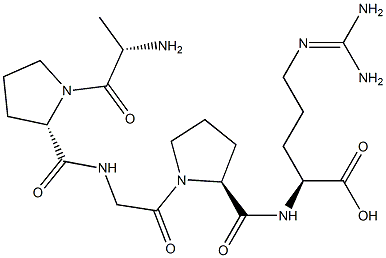Alkaline phosphatase (ALP) is a widely distributed glycosyl-phosphatidylinositol-anchored glycoprotein that catalyzes the hydrolysis of phosphate groups in the 5- and 3- positions from nucleotides, proteins, and alkaloids during dephosphorylation. It is most effective in an alkaline environment and is associated with protein synthesis, bone mineralization, and hepatobiliary function. At least four distinct ALPs have been identified: intestinal, placental, placental-like, and tissue non-specific. ALPs are utilized in molecular biology studies to remove the phosphate groups on the 5’ end of DNA in order to prevent DNA ligation. In addition, ALPs can be conjugated to specific primary or secondary antibodies and used for ELISA and immunohistochemistry applications.

